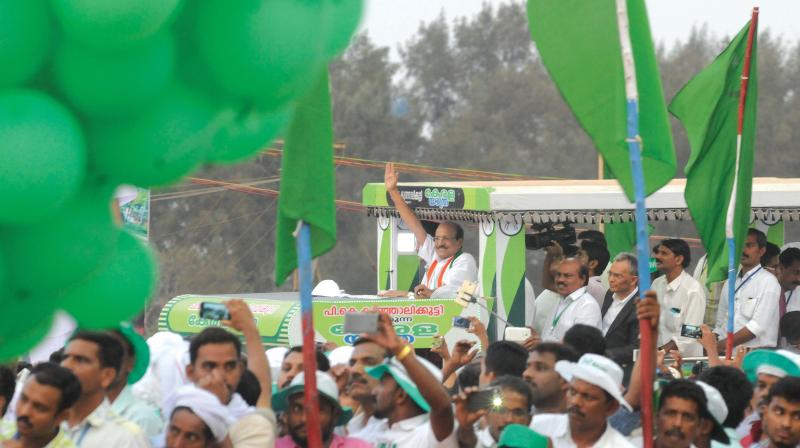Use of religion in elections verdict: This changes nothing
The legal terrain has been left more or less unruffled by the sweep of the apparently revolutionary judgment.

As the dust settles on what has been described as the landmark verdict of a Seven-Judge Bench of the Supreme Court on the use of religion in elections, one thing has become clear. It has changed virtually nothing. The legal terrain has been left more or less unruffled by the sweep of the apparently revolutionary judgment. It looks as if the decision was superfluous.
What the verdict has essentially done is to analyse the pronoun ‘his’ and then expand its meaning. Earlier, before the January 2 verdict, the provision that says that the “appeal by a candidate or his agent or by any other person with the consent of a candidate or his election agent to vote or refrain from voting for any person on the ground of his religion, race, caste, community or language” meant nothing but the religion/caste/race/community/language of the candidate or his rival.
If for instance, in an election meeting in a Catholic dominated area a Catholic candidate implores the people to vote for him as he like them is a Catholic, it is an appeal in the name of religion and forms a corrupt practice under Section 123(3) of Representation of People’s Act, 1951. When the Catholic candidate appeals to his voters to refrain from voting for his rival Muslim candidate, then also it is a corrupt practice.
Post-verdict, I don't see much of a difference. Now, appeal to the religion of voters, too, comes within the definition of corrupt practice. It is a needless expansion. Will a Catholic go to a Muslim area and appeal to them in the name of Quran to vote a Catholic in? It does not make any sense. Election law is candidate-centric. The idea is not to punish voters, it is bring to book the offending candidate. If people vote for a candidate influenced by his appeal to them on the basis of religion, it is the candidate who is culpable not the voter who has fallen for the candidate’s guiles. Given the candidate-centric nature of the law, the expansion of the pronoun ‘his’ is unnecessary.
It is the appeal in the name of religion or caste or community that the law is sensitive to, not to the statement of facts. If a candidate, backed by irrefutable facts, declaims that scheduled tribes and castes are discriminated against and promises that his party would remedy things if voted to power, it cannot be construed an offence under section 123(3) of RPA. Discrimination is both a historical and abiding truth. Speaking about it, and inspiring a social mobilisation of sorts, is not an appeal in the name of caste or community. This was the case before the verdict, and will continue be so hereafter.
It is actually the blatant appeal to vote in the name of religion/caste/community/race/language which attracts the penal provision under Section 123(3) of RPA. The only change would be in the volume of litigation. The verdict could possibly lead to a spate of litigations in future because the Court has not explained the implication of the words "on the ground of his religion/caste/race/community/language.”
‘HIS’ problem:
The word “his” has been the crux of the judgment. It arose from differing interpretations given to corrupt practices in elections as defined in the amended Section 123(3) of the Representation of the People Act 1951. The section provides a check on appeals to religion, race, caste, community or language made in furtherance of the candidature of any candidate by declaring it a corrupt practice and rendering the election of the said candidate void.
Tracing the legislative history of the section, the social context of the amendment and analyzing the intention of the legislature in terms of the text, the Supreme Court now dismissed the narrow interpretation of the pronoun ‘his’, as against public interest, legislative intent and constitutional values. The court concluded that the term “his religion” appearing in the amended provision cannot be taken to mean to appeals in the name of religion of the candidate or his agent alone.
The amendment, according to the Supreme Court, does not permit an appeal in the name of religion, race, caste, community or language, no matter whose religion, race, community or language was invoked. It can include that of the voter as well.

